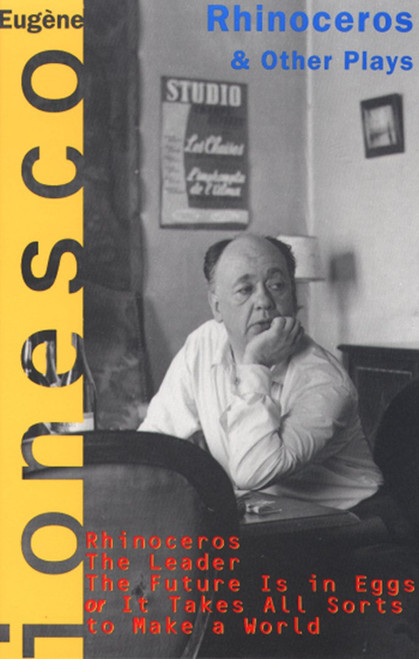Henry James was the final survivor of a remarkable family, and his memoir, written at the end of a long and tireless career, was prompted initially by the death of his "ideal Elder Brother," the psychologist and philosopher William James. A Small Boy and Others recounts the novelist’s earliest years in Albany and, more importantly, New York City, where he was allowed to wander at will. He evokes the theatrical entertainments he enjoyed, the varied social scene in which the family mixed, and the piecemeal nature of his education. With the first of several extended trips, the "romance" of Europe begins as the small boy becomes acquainted with a British culture already familiar from his precocious reading of the great Victorian novelists. And it is in France, in the Louvre’s Galerie d’Apollon, that he undergoes an initiation into the aesthetic power of great art and an intimation of all the "fun" it might bring him. Yet the child also registered, within this privileged and extended family group, signs of dysfunction and failure. James’s autobiography has significantly determined the nature and even the terms of the extensive biographical and critical interest he continues to enjoy.
About the Author
Henry James, son of theologian Henry James Sr., brother of the philosopher and psychologist William James and diarist Alice James, was an American-born author, one of the founders and leaders of a school of realism in fiction. He spent much of his life in England and became a British subject shortly before his death. He is primarily known for a series of major novels in which he portrayed the encounter of America with Europe. His plots centered on personal relationships, the proper exercise of power in such relationships, and other moral questions. His method of writing from the point of view of a character within a tale allowed him to explore the phenomena of consciousness and perception, and his style in later works has been compared to impressionist painting.
James insisted that writers in Great Britain and America should be allowed the greatest freedom possible in presenting their view of the world, as French authors were. His imaginative use of point of view, interior monologue and unreliable narrators in his own novels and tales brought a new depth and interest to realistic fiction, and foreshadowed the modernist work of the twentieth century. An extraordinarily productive writer, in addition to his voluminous works of fiction he published articles and books of travel writing, biography, autobiography, and criticism,and wrote plays, some of which were performed during his lifetime with moderate success. His theatrical work is thought to have profoundly influenced his later novels and tales.







